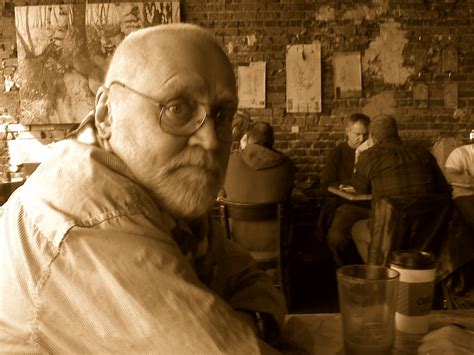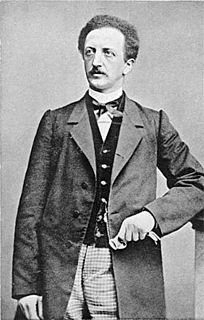A Quote by Catherine Camus
We must remember that [Albert] Camus wrote not even a third of what he had wished to.
Related Quotes
Albert Camus wrote that the only serious question is whether to kill yourself or not. Tom Robbins wrote that the only serious question is whether time has a beginning and an end. Camus clearly got up on the wrong side of bed, and Robbins must have forgotten to set the alarm. There is only one serious question. And that is: Who knows how to make love stay? Answer me that and I will tell you whether or not to kill yourself.
During the '80s, those you would call the young philosophers of France, such as Bernard-Henri Lévy and [André ] Gluxman, pointed out that Camus had said things no one wanted to hear in the political arena. They said it was [Albert] Camus who was right, not those who had slid under the influence of Sartre, that is to say an unconditional devotion to Communism as seen in the Soviet Union. And ever since then the evaluation of Camus has continued to modify up until today
[Albert Camus] positions are sensed. So, naturally, those intellectuals who don't have that experience have difficulty in comprehending it. But I think it made Camus more tolerant because he had already seen both sides of things when the others had only ever seen one. They imagine poverty, but they don't know what it is. In fact they've got a sort of bad conscience about the working classes.
Albert Camus was never abandoned by his readers. Camus is enormously read. He's the highest selling author in the entire Gallimard collection, and has been for some years now. Sales haven't ever stopped, so to talk about rediscovering him would suggest that he isn't read anymore and that's not true.
So time passes, and a much more political rather than literary reasoning intervenes, and from the day that [Albert] Camus wrote The Rebel, in 1955, there comes the rupture, and all, nearly all of the left wing intellectuals become hostile to him. Since he was already unfavourably viewed by the right-wing, he found himself entirely alone.























